Great Minds Together
It was awesome. 13,500 learning professionals from around the globe descended on Washington DC this week for ATD’s annual Conference. Thinking, talking and questioning the work we do. Hundreds of sessions and loads of networking. At the heart of many conversations was a question: what’s next?
I was on a panel, Wednesday, with Elaine Biech, Bill Rothwell and Courtney Vital that discussed ATD’s recent survey into the future skills of the profession and explored the future of talent & training.
So much is changing in the world and in the profession and different aspects of these changes mean different things for different folks. It’s just a day or two since the conference, so my thoughts may evolve. But here are 6 things I reckon we need to track.
1 – Organizations Need Skilled People at the Heart of their Changes
Organization are changing fast. Whether you’re in government, industry, non-profits or anywhere. Whether it’s what organizations do, how they do it, where they do it and why. We’re not just talking about change in the traditional OD sense of mergers and acquisitions or reorganizations.
It’s about fundamental things like the very nature of work. Think “gig economy” which challenges assumptions about organizational loyalty, pay structure and lines of reporting. Think ways of working, driven by technology like 5G which will revolutionize the speed of communication, artificial intelligence (AI) and robots, which will relieve us of mundane tasks. Think fields of employment as thousands will need to retrain as technology forces them out of jobs. Think changing regulations, whether they’re new or being phased out.
Tomorrow’s organizations are going to be very different but one thing won’t change. At the heart of their success will be people. They will need support to change, develop new skills to be successful and new mindsets to navigate their careers and organizations. It means talent development, OD, training and whatever label we use for the stuff we do is a strategic need going forward. Someone has to help companies make these transitions.
2 – A Shift from Delivery to Access
There is no way we can meet these shifting and dynamic needs, with the traditional model that has served us over the past fifty years. We can only help the people and organizations we serve by shifting our mindset. I think this shift is from a delivery mindset to an access mindset.
I use the word delivery mindset to describe the way many people think of training. Mention training and the thing that comes to mind for many people is a classroom experience or an online activity such as a webinar or self-paced program. At the heart of this mindset, is the assumption that our profession determines what training is needed and then it creates and delivers it.
I know that my description is in one sense a caricature because I’m describing the ‘extreme position’. Most organizations work hard to be organizationally responsive. However, if we’re honest, many of our mindsets lean towards such a set of assumptions. If you’ve been in this game for a few years, you know how this looks. It’s a conversation on the phone with an internal client. “Oh, they need a DISC assessment,” or, “They need coaching,” or, “They could do with a workshop on managing conflict in the workplace.” We know what’s best …
In a way, we’ve operated training or talent development like a fancy restaurant. The chef sets the menu and determines what customers will be able to choose from and the ingredients. She might make the decision based on personal preference, choose dishes that use seasonal ingredients, or cook from local providers. But the chef determines the food.
However, the “access mindset” flips the traditional training assumptions on their head. It assumes that we don’t know best, the learner does. No longer will we determine what to deliver, how or where. The learner and her immediate ecosystem will guide us. Our role will be to respond to, not dictate what they need. And to help them see opportunities. And have a pantry full of resources for them to lead their learning.
As such, it’ll be more like going into a restaurant where the chef creates dishes on demand based on what will satisfy the customer’s appetite. “Pad Thai, today sir? OK, let’s make it.” “Filet Mignon, with peppercorn sauce, mamm? yep, I got it.” But it will be more than just an agile chef. Prefer us not to cook your meal, sir? Please craft your dining experience at the salad bar.”
With all the change coming down the pike, it will be the learner who knows best what she needs, how and when. Our role will be to support it. In a way, some organizations operate like this now. Only in the future, this will be the dominant way of operating.
3 – New Mindset
People have been talking about the learning ecosystem for years, whether that’s the term they use or not. Traditionally, the space for learning was the classroom. However, really, the space for learning in in the learner’s brain.
The cognitive process of learning can happen anywhere. On the job, in a manager conversation or from a peer, after a grueling project. The old mindset asks, “How can we run a workshop on this.” The new mindset asks, “How can we connect someone to the right resources or person to help this organization or project be successful?”
Tomorrow’s learning professional will be a partner with the organization, project and individuals doing the work. Once again, we’ve known this for a while – author, Elaine Biech, has written about this for some time, talking about the need for us to be a ‘trusted advisor’. The question becomes how can we become the professionals that people come to for help solving an immediate problem, fast? It’s a new mindset.
4 – How will this happen? Through Tech Refinement
The dizzying array of future work will be fueled by technology. It’s fashionable to talk of artificial intelligence, robots and what they can do. However, it’s not the next gizmo that I think is profound as much as the way refinements are being made to existing technologies, of course using things like AI.
What was clunky technology ten years ago – think Blackberry – is now seamless and incredibly advanced today. With 5G it’s going to be beyond our wildest dreams. Think iPhone and Droids. The Blackberry didn’t have GPS, receipt scanning and Alexa answering questions about where to find a good restaurant. But today’s phones do, which is amazing. But they’re not seamless – they still crash and are not always reliable. But they’re getting better every day.
Our lives are going to be transformed because now tech is becoming MUCH more reliable and offering services that are seamless. That wasn’t the case 5 years ago.
5 – The Reality: It’s Actually Happening
I was asked during the ATD panel what my observation about the future was and my response was, “Oh my gosh it’s really happening.” The reality is that we’ve been talking about these things for years. It’s not new. What’s new is how technology is enabling it all to become a reality.
Our field has been talking about learner-centered learning for years. Along with adult education concepts such as the need to deliver learning at the learner’s pace on their terms. But we’ve never really cracked it because we haven’t had the tools. But guess what. We have the tools now and they’re almost seamless. As we discussed, technology is no longer clunky with drop-outs and bandwidth issues. And many of programs in the cloud do the thinking for us. Soon it’s all going to be seamless.
So, my primary observation is wow, we’re at the end of the season where we’ve been talking about it. Now what’s happening. It’s REALLY happening. Get ready for it.
6 – The Profession faces Challenges
Will our profession survive? Many people from outside the traditional areas of OD and training are doing stuff to help organizations be agile and meet the never-ending changes. For example, engineering schools are running talent development degrees. People in the coaching world are doing, “team coaching” which looks a whole lot like OD to me. Complex stuff that generally belonged in the cross-over world of training and OD is now being performed by different disciplines. The space in organizations where professionals enable talent development is up for grabs.
We can’t afford for our profession to look old fashioned and disconnected from the new reality. We need to show that we’re not about classrooms or online learning but we’re about talent and business success. And we need to show that our expertise positions us best to help organizations survive and thrive the coming challenges. If we don’t demonstrate this, other disciplines will take this space. But it won’t be easy – here are a few of the challenges I see from my humble ringside seat:
- Access to influencers – unless we can influence leaders, especially in the C-Suite, we will not have the momentum to help organizations change. We need to be ambassador’s for talent so senior leaders consider the impact of a well-trained, well-resourced workforce and position ourselves to be the people with expertise and results.
- Understanding the C-Suite Mindset – we need to know what makes people in the C-Suite tick – their mindset. That means speaking their language an understanding what drives them. Our field is mostly staffed from the business, not the C-Suite, so it’s something we need to learn.
- Skills – we need talent specialists who understand cognition, performance, organizational dynamics and are strategic to such a depth they can offer almost ‘clinical’ guidance and support to organizational leaders. We need to invest in developing these as core skills in the field.
The Future
Our business is not doing training or creating eLearning programs. It’s helping workers and leaders achieve their business goals. The future demands a new mindset.
In a way, shifting to this new mindset is scary. In another, though, it’s quite exciting. We’re at a point in time that we as a field can define our future. And the way to do that is by showing how we can help others’ success – that is our learners, projects and organizations.


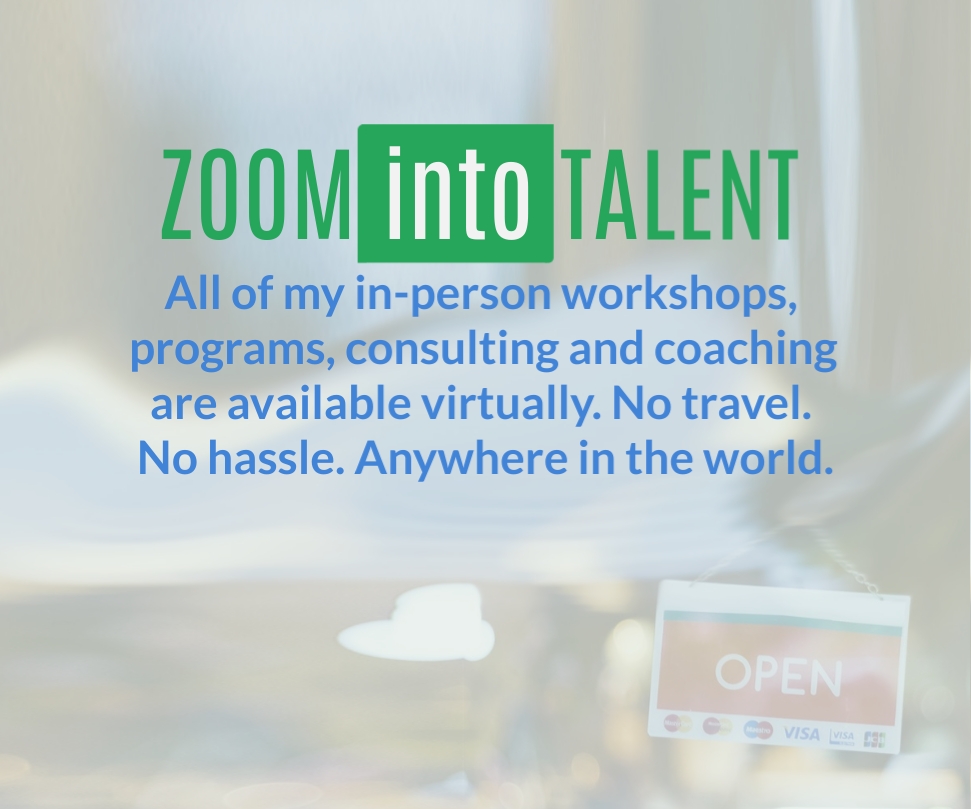
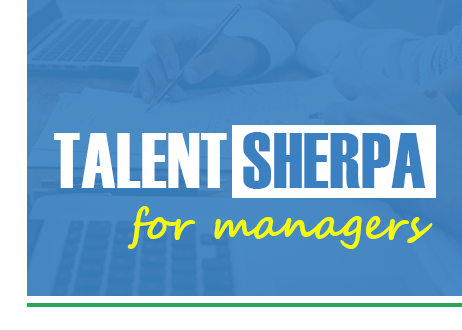
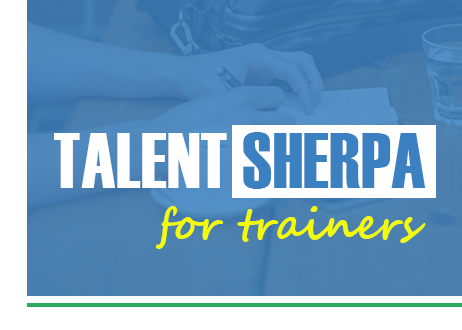
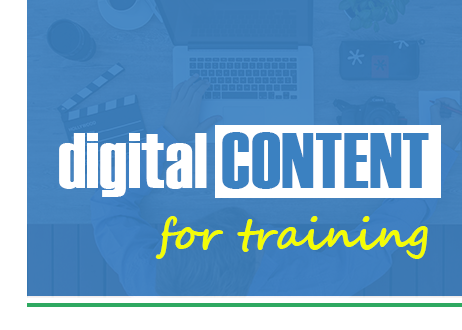
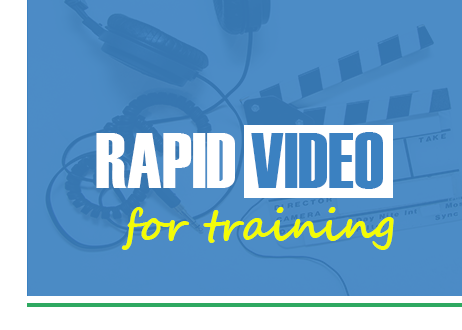
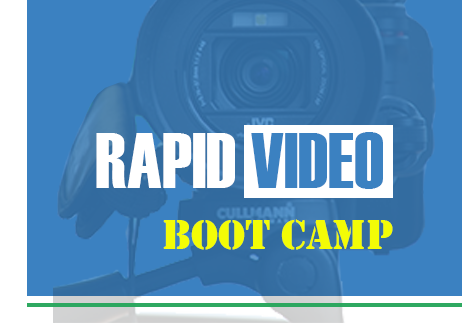
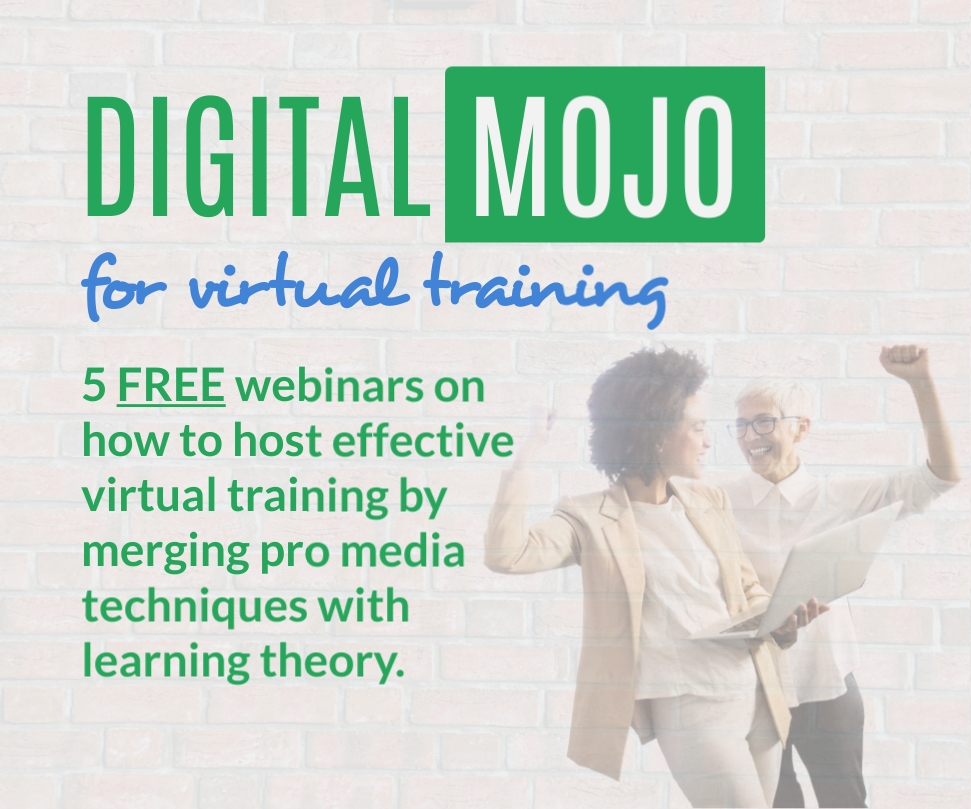
Comments are closed.